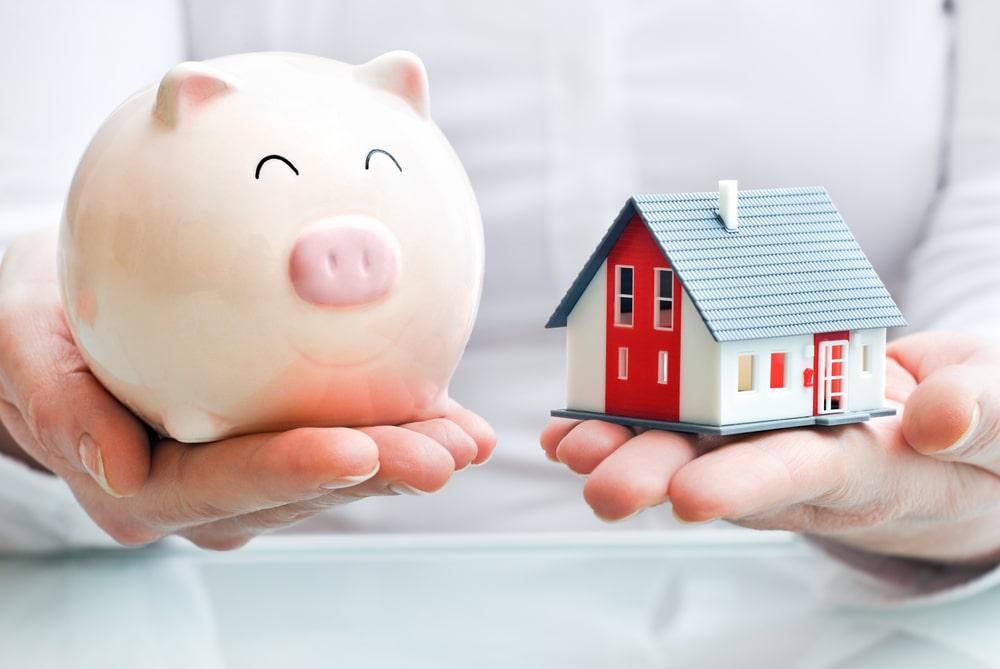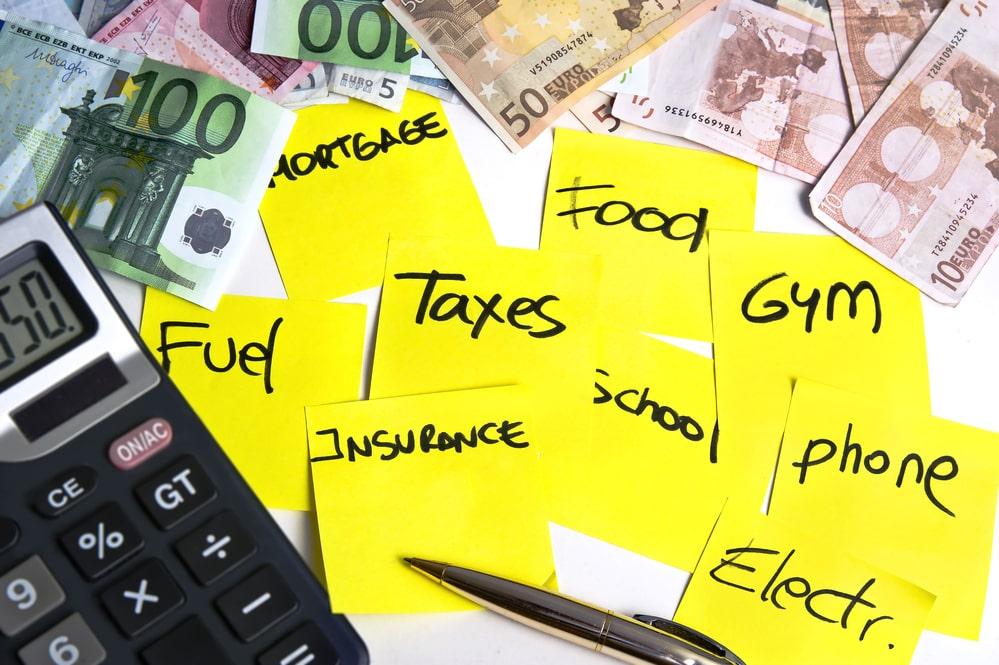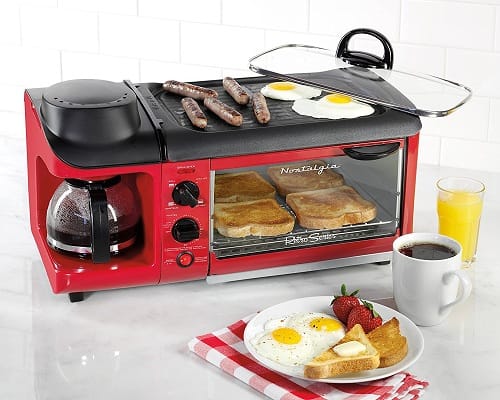Setting a budget to buy a home can look a bit different now. For example, if you’re looking for houses for sale in Winthrop, MA, or anywhere in the country, for that matter, you’re going to have less buying power than you would have had at the start of the year because of the rising interest rates.

While this can change what your homebuying experience looks like in some ways, it doesn’t mean you’re entirely out of the market. You just have to make adjustments.
The following are things to keep in mind when it comes to setting your budget for buying a house, regardless of what the interest rates are.
What Can You Afford?
You need to take your gross annual income, which is what you earn before taxes, and then multiply that by 2.5. This is going to be a starting point for you as far as what will be affordable.
From there, you’ll also consider other factors as far as how much you can afford.
First, you’ll look at your credit because the higher your credit score, the more options are going to be available to you in terms of a mortgage. This could mean that you get a better loan term, or a lower interest rate, for example.
You’ll look at mortgage rates because even small changes in the rates have a major impact on what you can afford. As mentioned, rates are high rate now, so your purchasing power is down from what it was when we started 2022, and interest rates were at record lows. You’ll also have to include home-related costs in your affordability calculations. You have to consider moving expenses, closing costs, and other possible incidentals.
What Are Your Other Expenses?
You want to think about home affordability from the perspective of your down payment and then your monthly payment. As part of this, you need to calculate not only your household income but also your monthly debts. These might include your car loan and student loan payments.

You want to be comfortable with your monthly payments relative to your income and your other financial obligations.
Some financial experts say that you should plan to have three months’ worth of payments set aside at any given time, which would include your house payment and other monthly debts. This would be your emergency reserve in case something unexpected came up.
DTI and Affordability
Your mortgage lender will use something called your debt-to-income ratio or DTI when they’re determining how much you can afford to borrow. This will compare your total monthly debts, which would include mortgage payments, insurance, and property tax payments, to your pre-tax income.
Your housing expenses shouldn’t be more than 28% of your monthly income.
You can reverse this process to determine what your budget should be if you multiply your income by 0.28.
The 28/36 Rule
To calculate how much house you can afford, you could also look at the 28/36 rule, which builds on what’s mentioned above.
You shouldn’t spend more than 28% of your gross pre-tax monthly income on your home costs, as mentioned above, but this rule also includes the 36% element. You shouldn’t spend more than 36% on total monthly debts, including your credit cards and other loans.
You Don’t Want to Be House Poor
There’s a term—house poor, that refers to someone who spends so much of their income on homeownership costs that they don’t have much left in their budget for anything else. This is not a scenario you want to be in.
When your house poor, you’re not going to be able to meet other financial goals, like investing or saving for retirement, nor will you be able to splurge on other things like traveling.
To avoid being house poor, along with budgeting, you can make a larger down payment, start a housing emergency fund, or you can buy a starter home. The house you’re buying, especially if it’s your first one, doesn’t have to be your forever home. You can find something smaller, more affordable, and generally more manageable and take some of the anxiety away from the process.
Budget Before Doing Anything Else
If you’d like to buy a new home, before you start shopping, it’s important that you figure out what you can comfortably afford. This can end up being a different number from the mortgage maximum you’re approved for.
You also want to remember that you have to pay for things like upgrades and upkeep when you’re a homeowner, so don’t forget about these when you set a budget.
Images by Depositphotos





